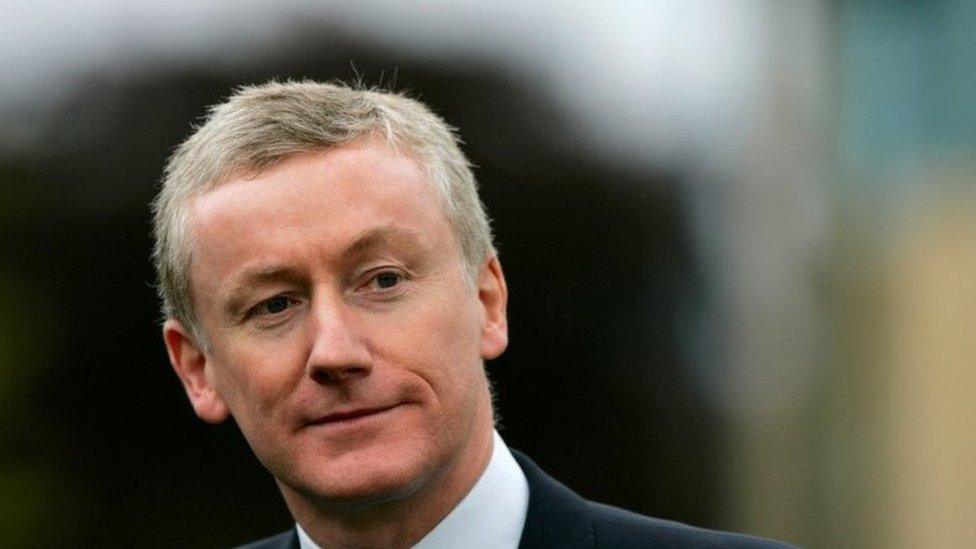Fred Goodwin's day in court looking unlikely
- Published

The chances of seeing Fred Goodwin, the disgraced former boss of Royal Bank of Scotland, explaining in open court how he led the bank to disaster are rapidly receding.
Many people - not only journalists - will be disappointed.
In the High Court on Tuesday, Mr Justice Hildyard granted a second 24-hour adjournment after lawyers for both RBS and the thousands of shareholders who feel they were duped into putting extra money into the failing bank told him the two sides were close to a deal.
Back in 2008, RBS sold 拢12bn of new shares to investors at 拢2 each to bolster its finances. It wasn't sufficient and the government was forced to rescue it six months later with 拢45bn in taxpayers' money which wiped out most of the value of those new shares.
Shareholders big and small cried foul, saying the bank had misled them about how secure the bank's finances were when it asked them to put in their extra money.
Many of those shareholders, mostly big institutions, have already settled with RBS - accepting between 41 and 43 pence for each share. But thousands of smaller shareholders and some institutions fought on and proceedings were due to start on Monday.
A last minute offer of 82 pence was offered over the weekend and that was enough for the judge to grant one and now two extra days to try to get a deal preventing an already astronomically expensive case from rumbling on for many more weeks.
It seems very likely that the two sides will reach agreement later on Tuesday and that will make it very unlikely that those who lost money will have the satisfaction of seeing Mr Goodwin squirm under a spotlight he has successfully avoided for most of the last decade.
One shareholder I spoke to in court said that, while he would go along with any settlement, he was sorry that he would not get to see Mr Goodwin and the other directors face the music.
"I just want to see Fred and the directors who waved through his recklessness held to account," he told me.
In many ways it is a shame that we won't get to relive the sorry tale of the demise of what was once the world's biggest bank.
The RBS collapse continues to cast a huge shadow. The bank is expected to lose money again this year - for the 10th year in a row - with total losses for that decade expected to be around 拢60bn.
But more than the colossal sums of money lost, the RBS story is arguably the most significant episode in the way the relationship, the contract if you like, between business, government and society has changed since the financial crash.
Legendary investor Warren Buffett once famously said, "it's only when the tide goes out that you see who's swimming naked". The financial crash and the subsequent scandals like Libor exposed naked greed, vast pay and poor ethical standards.
The intense anger at having to foot the bill to clear up the mess may have subsided slightly, but the distrust of business and finance lingers on years later and is evident in the campaign manifestos of all political parties - including the Tories.
RBS remains more than 70% state-owned. The wider public may feel that entitles them to see the dirty linen of the past washed in open court. That now looks unlikely.